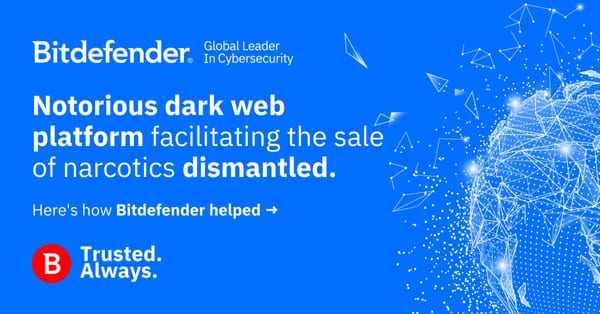UK to ease data sharing; people say no

The UK government”s Digital Economy Bill introduced in July is apparently generating little faith in the population. MPs promise the measures, scheduled for discussion in a Public Bill Committee, will improve digital infrastructure, improve public services and protect citizens from spam and kids from porn.
But UK citizens disagree, fearing their private data will be even more exposed to criminals. Only some 22 percent of the 1,500 citizens interviewed in a survey think the legislative changes will actually prevent cyberattacks and identity breaches, while 37 percent trust the government with the security of their personal data.
The Digital Economy Bill has been widely criticized for allowing some data sharing between public services to improve daily processes. Some claim citizens would not be in charge of their private data and fraud might increase.
“The only measures on data seem designed to extend the current public sector data sharing chaos to a complete free-for-all. Our data are at risk with this Bill. We do not own the data and we are not safe. Anyone can take them and the government decide what others should see of them,” said Labour MP Chi Onwurah.
The UK government is not known for a stellar security strategy, so it”s no surprise private citizens and MPs have spoken against the bill. The bill”s opponents feel it hasn”t been clearly explained how the data will be secured, now that sharing is facilitated, or how the data collected will solve the problems in the bill”s description. They ask: why should government be trusted with so much valuable information?
tags
Author
After having addressed topics such as NFC, startups, and tech innovation, she has now shifted focus to internet security, with a keen interest in smart homes and IoT threats.
View all postsRight now Top posts
Torrents with Pirated TV Shows Used to Push Lumma Stealer Malware
November 14, 2024
What Key Cyberthreats Do Small Businesses Face?
September 06, 2024
FOLLOW US ON SOCIAL MEDIA
You might also like
Bookmarks








